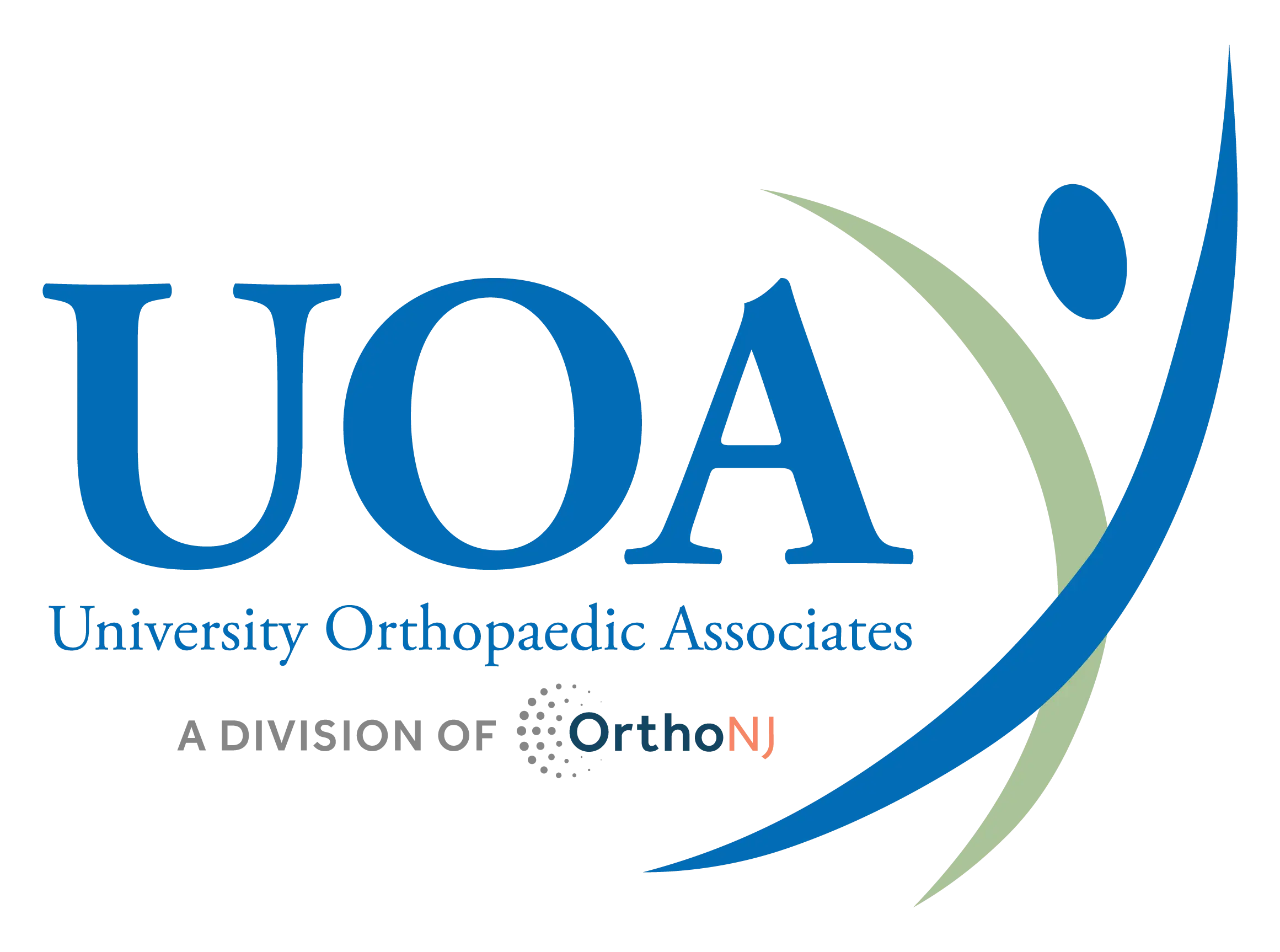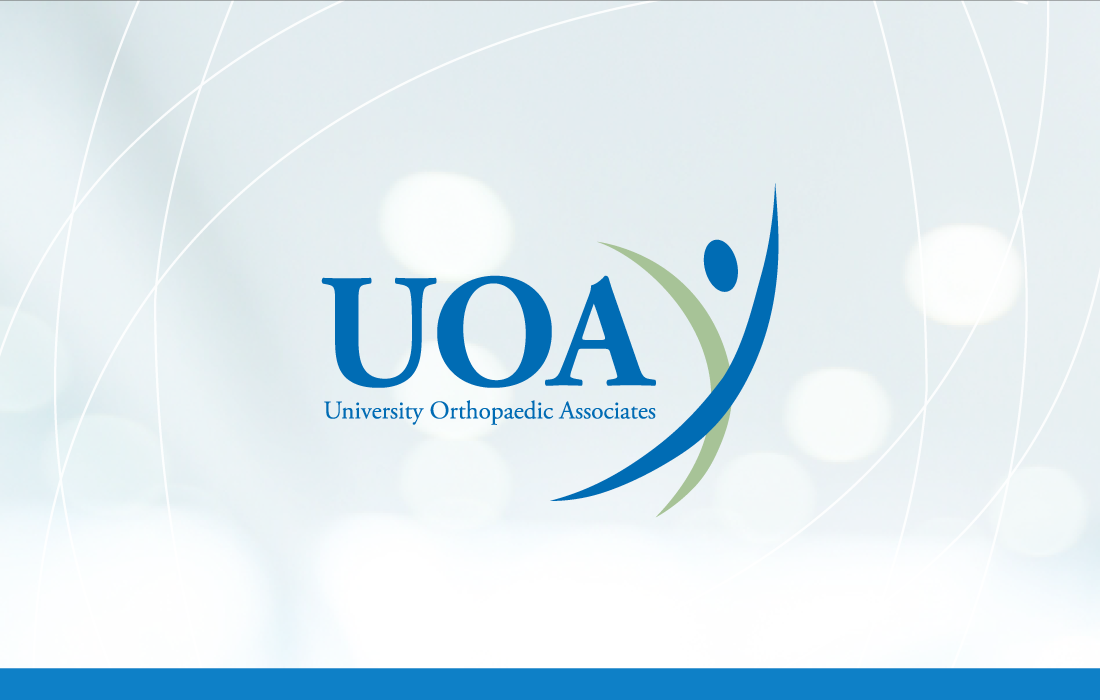Osteochondritis dissecans is a joint condition that mainly affects children and adolescents. It usually develops following a sports injury and can be effectively treated using conservative therapies or surgery.
As New Jersey’s leading orthopaedic practice, University Orthopaedic Associates (UOA) specializes in treating sports injuries and joint conditions, including osteochondritis dissecans.
What Is Osteochondritis Dissecans?
Osteochondritis dissecans occurs when a piece of cartilage becomes partially or fully separated from the bone below it thought to be due to a lack of blood flow to the area. After the piece of bone and or cartilage separates, the loose pieces of bone and cartilage can eventually cause major problems such as pain, swelling and decreased range of motion in the affected joint.
This joint condition is most common in the knee but can occur in any joint, including the ankle and the elbow. Children and teens who engage in high-impact sports and activities are at the highest risk for osteochondritis dissecans. Treatment for this condition usually focuses on reducing pain and restoring full functionality to the affected joint.
What Causes Osteochondritis Dissecans?
The exact cause of osteochondritis dissecans remains unknown. Doctors and researchers suspect that repetitive trauma to the affected bone may eventually disrupt blood flow to the area, causing this joint condition.
Risk factors for osteochondritis dissecans include:
- Being a child or teen athlete
- Repetitive throwing
- Gymnastics
- Weight-bearing activities that involve the upper extremities
- Ankle sprain or instability
- Competitive athletic activities
Symptoms Of Osteochondritis Dissecans
Signs and symptoms of osteochondritis dissecans may vary depending on the joint affected. Pain and swelling in the affected joint are the most common symptoms.
Symptoms of osteochondritis dissecans include:
- Pain in the joint that worsens when climbing stairs or playing sports
- Locking, popping or catching in the joint
- Joint tenderness
- Joint weakness
- Joint stiffness
- Decreased range of motion
- Inability to completely straighten the affected limb
Treatment Options For Osteochondritis Dissecans
Physical therapy and rest are the most common conservative therapies for treating osteochondritis dissecans. The goal of treatment is to reduce symptoms and the risk for osteoarthritis—a degenerative joint disease that causes chronic joint pain.
Young children and teens whose bones are still growing may only need to rest the affected joint and avoid activities such as running and jumping, which can put further stress on the joint. Assistive devices such as crutches and braces may also be used to stabilize the joint and promote healing.
Physical therapy may stretch, strengthen and improve the range of motion in the affected joint. You may be shown exercises you can do at home to treat the joint and improve your symptoms.
Surgery may be recommended if osteochondritis dissecans does not respond to conservative therapies or if the growth plates are closed.
There are three surgical methods used to treat osteochondritis dissecans:
- Drilling to create new blood vessel pathways. Your surgeon will drill directly into the lesion or behind the lesion to allow for the formation of new blood vessels. New blood vessels can promote the healing of the joint by delivering oxygen and nutrients to the damaged area.
- Installing pins and screws to hold the bone in place to allow it to heal.
- Implanting a bone and cartilage graft into the lesion to promote the regeneration of healthy bone and cartilage.
If surgery is necessary, our team at UOA can talk to you in greater detail about the type needed to effectively treat your condition.
UOA is home to a team of highly experienced and dedicated sports medicine specialists that can accurately diagnose and treat a wide range of sports injuries, including osteochondritis dissecans. Contact UOA today at (732) 537-0909 to request an appointment if you need treatment for an orthopaedic injury.




